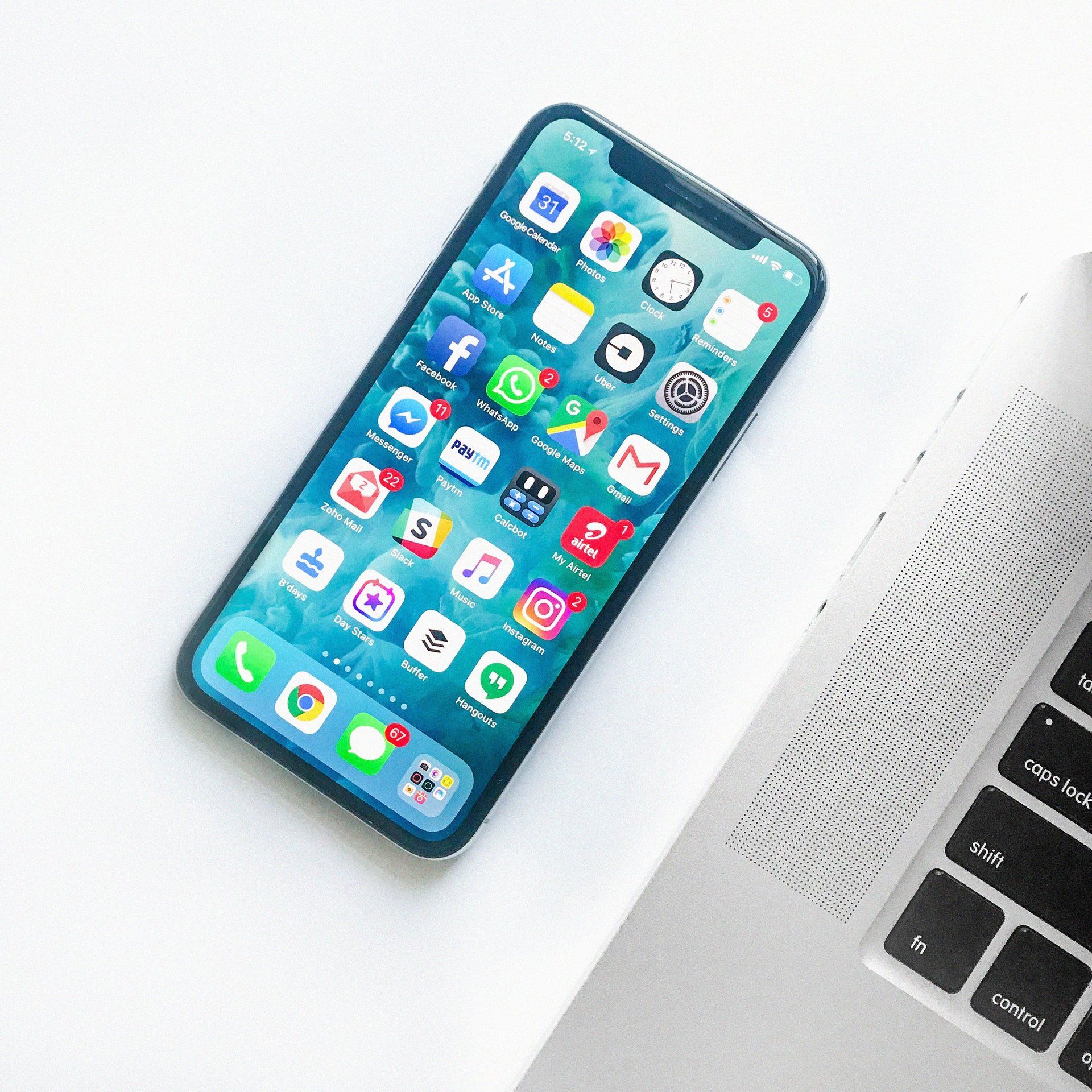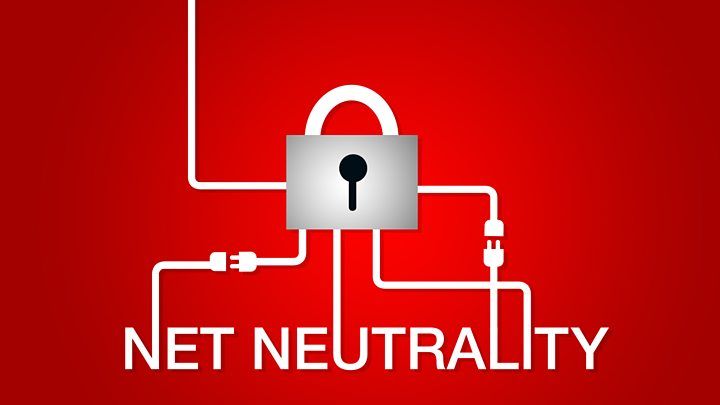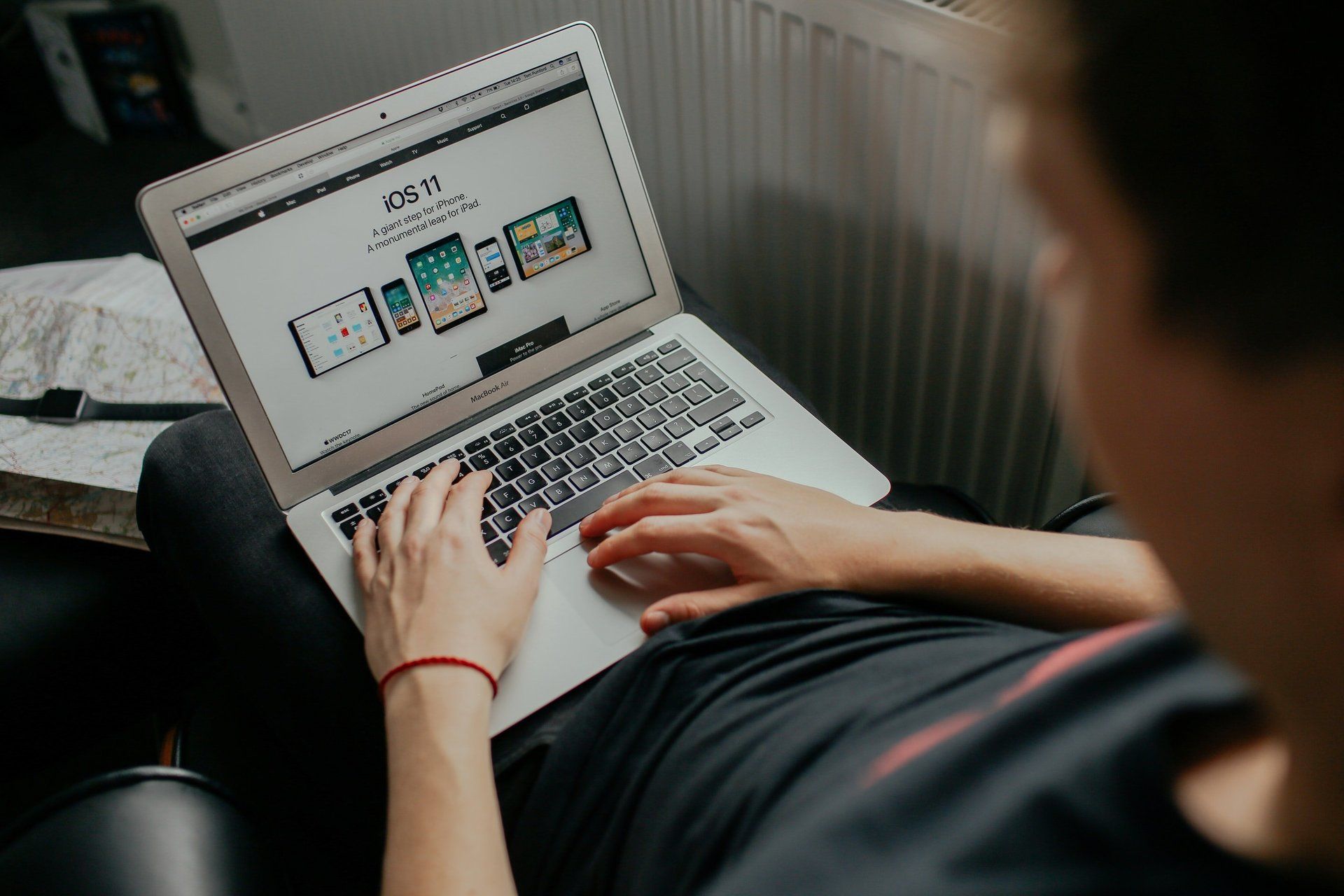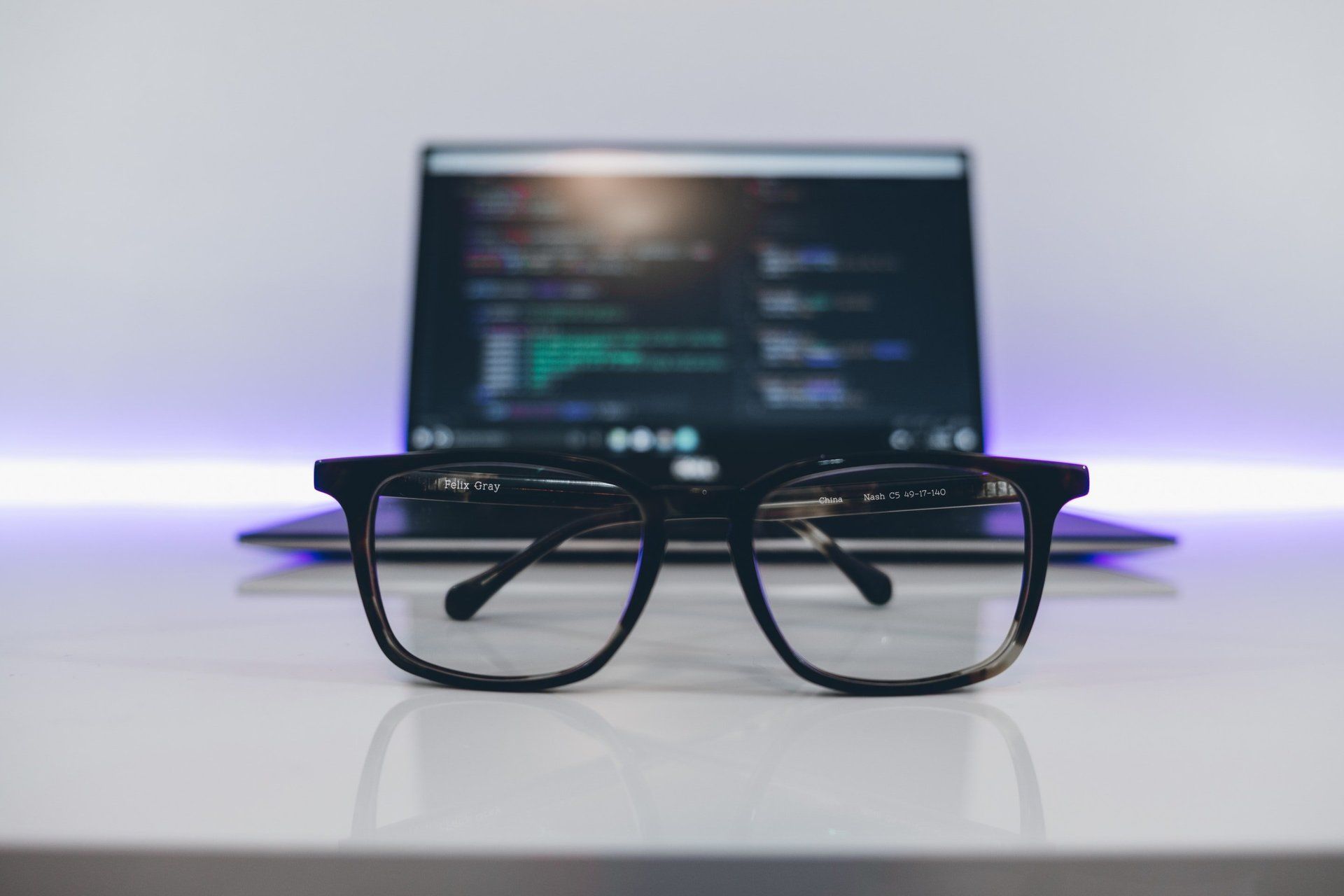LinkedIn “Privacy Policy”: Be careful where you click
- By Paul Rubell
- •
- 09 Jun, 2014
LinkedIn contains a wealth of important information about businesspeople, and is a source of personal as well as corporate self-marketing.
Many people who use LinkedIn do not associate it with social media; it is so unlike Facebook, Twitter, and Instagram that it does not have the same sense of immediacy and intimacy that is the attraction as well as the scourge of traditional social media.
However, there is no question that LinkedIn is used just like other forms of social media. It is a way of instantly broadcasting your personal and business thoughts, ruminations, ideas, and requests across the internet, via both desktop and mobile devices, reaching millions of other people simultaneously.
As a social tool, LinkedIn is very effective. As a marketing engine, LinkedIn is highly profitable because it drives its users to divulge their personal socio-demographic information.
Just like other internet portals, LinkedIn coerces its users to agree to one-sided contracts. Do you know what you have agreed to, when you log on to LinkedIn?
LinkedIn does not hide its true intentions. To the contrary, it is totally transparent in telling us what it does with the information that it acquires from users’ use of its social platform. The full horror of its data collection techniques are clearly stated right on its website. You only need to read its so-called “Privacy Policy.
Are you aware that if you live in the US, LinkedIn Corp controls your information”?
What does “control your information” mean? Suddenly, 2014 becomes like George Orwell’s 1984. Does LinkedIn really control your identity?
How will LinkedIn go about this? According to its written policy:
“We collect information when you sync non-LinkedIn content – like your email address book, mobile device contacts, or calendar – with your account.”
This means that when you use the full panoply of LinkedIn’s features and 3rd party apps, your unique personal information that is housed on your mobile devices, computers, and company network may be automatically uploaded to LinkedIn’s servers without your knowledge.
Once LinkedIn has captured your personal information, how will LinkedIn “control” it?
As with all of today’s social media sites, the answer is straightforward:
“We target ads to you on and off LinkedIn, including by your use of LinkedIn (for example, your LinkedIn search history) or clicking on a LinkedIn ad.”
“Advertisers receive the URL of the page that you are on when you click an ad on LinkedIn.”
By signing up for LinkedIn, you automatically opt-in to allow a raging river of unique information about yourself to flow from LinkedIn to its advertisers, which then resell your personal information to data collection companies that, in turn, can send targeted email and mobile advertisements to you.
Did you really intend to open these floodgates? Without being aware of the consequences, whenever you log on to LinkedIn to connect with business colleagues, you are giving it permission to collect, use, store, sell, rent, and publish your geolocation information, your personal behaviors, and your own unique characteristics.
Once you have joined LinkedIn, you have opened a Pandora’s Box that cannot be closed, even if you close your account. LinkedIn admits that its jaws will remain wide open for many years:
“We keep your information for as long as your account is active. We may keep certain information even after you close your account if it is necessary to comply with our legal obligations, meet regulatory requirements, resolve disputes, prevent fraud and abuse, or enforce this agreement.”
“LinkedIn’s Customer Service may retain information for as long as is necessary to provide support-related reporting and trend analysis only, but we generally delete or de-personalize closed account data.”
Even more scary, the threats to your privacy rise to unimaginable heights when you log on to other websites or third-party applications by using your LinkedIn password and username. In the rapid pace of life, saving time is very important. LinkedIn makes it so easy and efficient to jump from one secure site to another, without the need to remember and re-enter multiple usernames and passwords.
However, ease of use comes with a price tag. For LinkedIn, the Holy Grail is to acquire more and still more private information about you, including your behaviors, habits, and interests; the identity of your co-workers, friends and family; your personal and professional goals; your age; clues about your income; and more:
“We receive information when you use your LinkedIn account to log in to a third-party website or application.”
As this article concludes, think about this: Is it time for you to log off LinkedIn?










